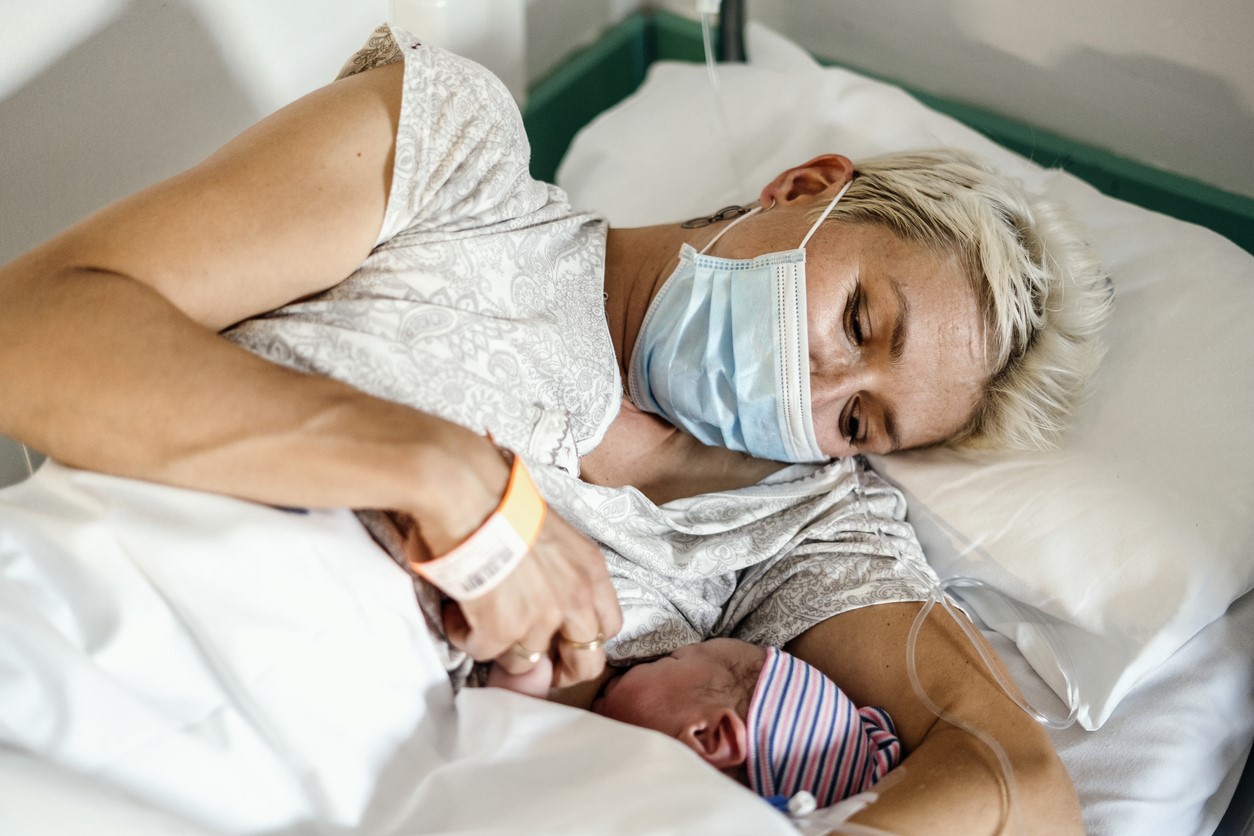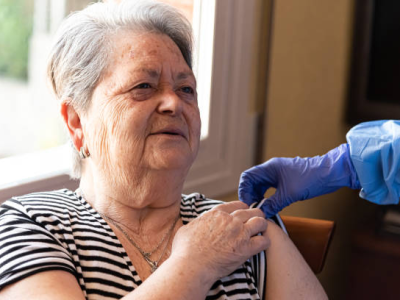A clinical trial in Kenya found that taking the antibiotic doxycycline after sex did not prevent sexually transmitted infections (STIs) in cisgender women, researchers reported at this week's Conference on Retroviruses and Opportunistic Infections (CROI).
The trial, conducted at a single site in Kenya by researchers with Kenya Medical Research Institute (KEMRI), the University of Washington, and Hennepin Healthcare Research Institute, enrolled 449 cisgender women who were taking daily oral HIV pre-exposure prophylaxis (PrEP) and randomized them to receive doxycycline postexposure prophylaxis (PEP) or standard of care.
Previous studies have found a high level of protection against STIs with doxycycline use among gay and bisexual men and transgender women in France and the United States, but this was the first trial to investigate doxycycline PEP in cisgender women.
Over 12 months of follow-up, the annual incidence of STIs in trial participants was 27%. A total of 109 new STIs were diagnosed, with 50 diagnosed in the doxycycline group and 59 in the standard-of-care group. Eighty-five (78%) of the new STIs were chlamydia, 35 of which were in the doxycycline group, compared with 50 in the standard-of-care group. The differences were not statistically significant.
We are committed to understanding why doxycycline PEP did not work in this population.
"The results from the study are deeply disappointing, and we are committed to understanding why doxycycline PEP did not work in this population and also determining the next steps for how to identify prevention tools that will work for and can be used by women," Elizabeth Bukusi, MD, PhD, MPH, principal investigator of the trial and senior principal clinical research scientist at KEMRI, said in a press release.
The investigators say self-reported adherence was high but imperfect and that the frequency and timing of doxycycline use among trial participants is still being investigated. They also suggested that anatomic differences could play a role.
Bacterial STIs in women can increase the risk of pelvic inflammatory disease, chronic pain, infertility, pregnancy complications, and HIV.
 Separating COVID-infected mothers from their newborns resulted in low rates of breastfeeding and skin-to-skin contact during the peak of the pandemic, finds a multinational
Separating COVID-infected mothers from their newborns resulted in low rates of breastfeeding and skin-to-skin contact during the peak of the pandemic, finds a multinational  People who have long COVID and experience anxiety and depression following a mild infection may have brain changes that affect its structure and function, Brazilian researchers reported yesterday at the American Academy of Neurology (AAN) annual meeting in Boston.
People who have long COVID and experience anxiety and depression following a mild infection may have brain changes that affect its structure and function, Brazilian researchers reported yesterday at the American Academy of Neurology (AAN) annual meeting in Boston.












